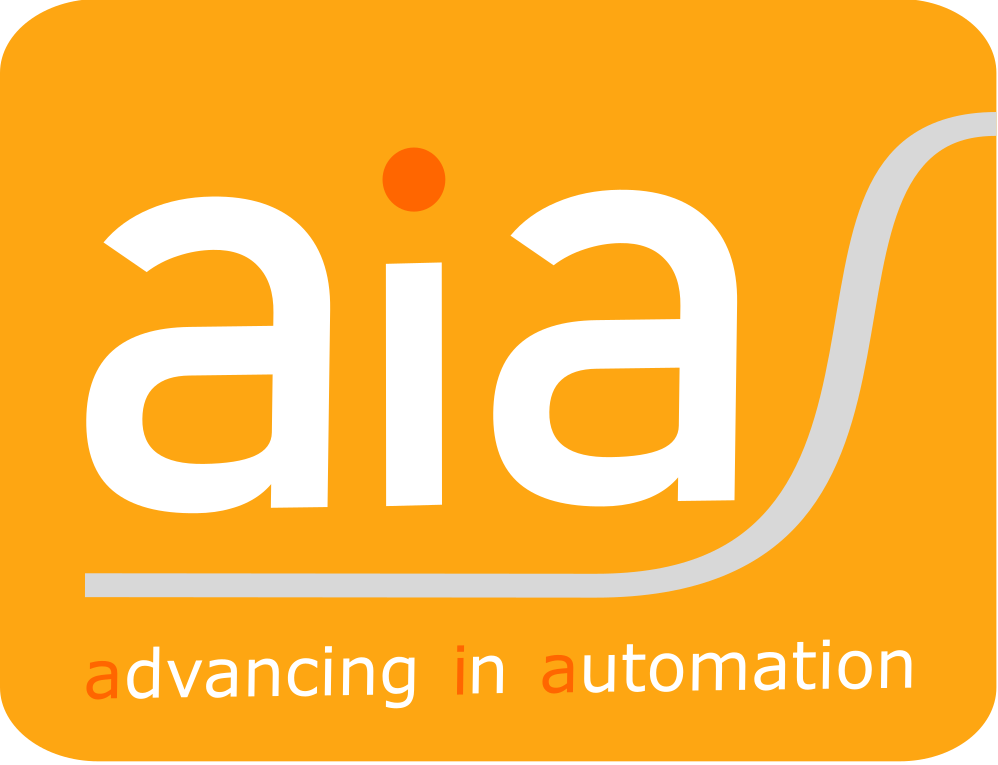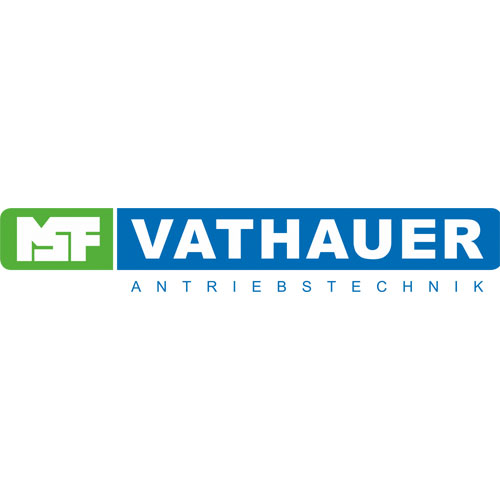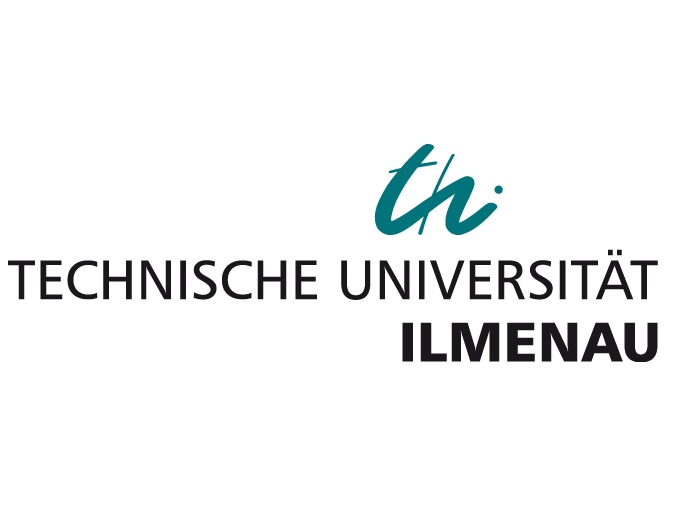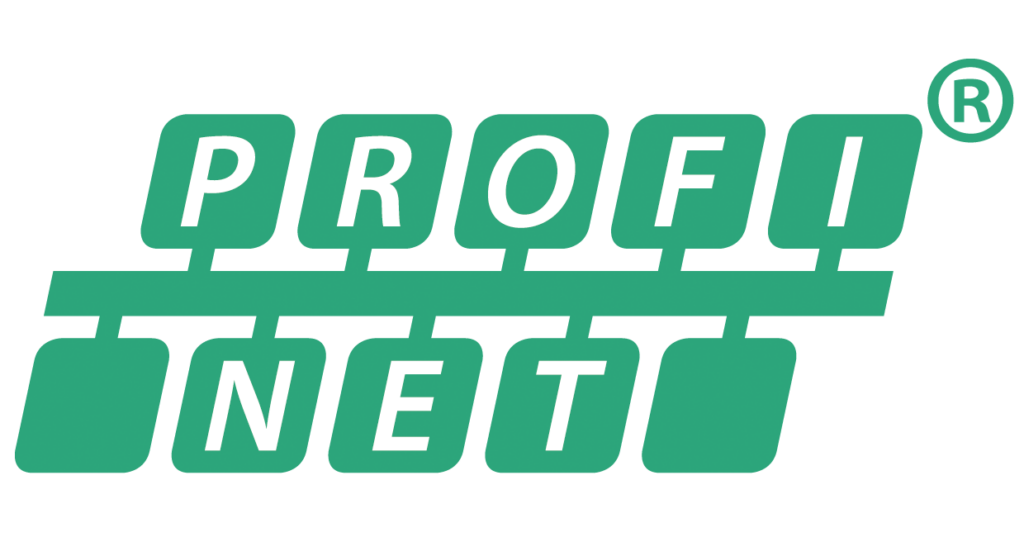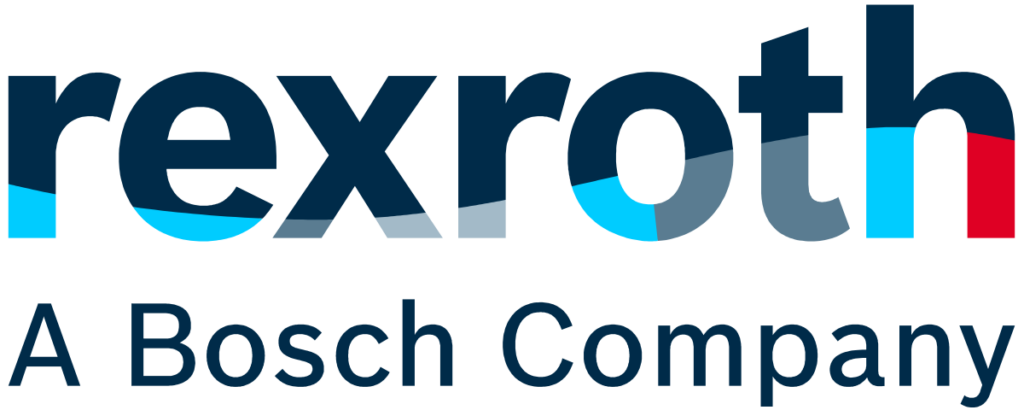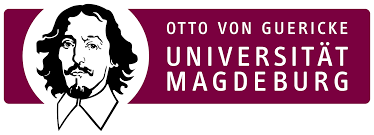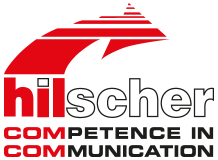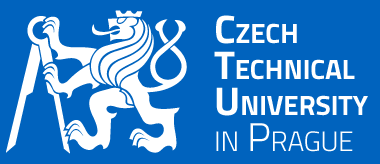Research directly on the spot
Excellent research activities thanks to university affiliation.
Thanks to the cooperation of the automation institute with the East Bavarian Technical University of Applied Sciences Amberg-Weiden, we are able to collaborate on research projects with partners from different industries as well as with other universities.
Our partners from science and business:
Here you will find some of the projects in which the automations institut has been involved:
KoBus
RaMagnostic
Ether-Cars
SLOIV
NetEfficient
ISAC Industry Software Application Centre “I4.0”
KoBus
Common contactless transmission of energy and data
In the “KoBus” research project (Kontaktloses Bussystem = contactless bus system), a new type of contactless bus system was developed for the joint transmission of energy and data at the field level. The project, which was sponsored by the German Federal Ministry of Economics and Technology as part of the Central Innovation Programme for SMEs (ZIM), was carried out in cooperation with MSF-Vathauer Antriebstechnik GmbH & Co KG. The system, which is based upon inductive transmission, offers the well-known advantages of contactless transfer such as high flexibility, low maintenance and resistance to corrosion, and can supply a large number of consumers not only with energy but also with data.
RaMagnostic
As part of the “Rapid Magnetic Diagnostic” research project sponsored by the German Federal Ministry of Education and Research (BMBF), a magnetic field camera with very high temporal and spatial resolution is being developed that is to be used, among other things, for the diagnosis of switchgear. The research project is being carried out by the OTH (East Bavarian Technical University of Applied Sciences) Amberg-Weiden together with the Technical University Ilmenau, Fraunhofer Institute ISS, Siemens AG and several other medium-sized companies. In this consortium, aia is supporting the hardware and software (FPGA, communication…).
Ether-Cars
In the Ether-Cars research project, real-time Ethernet communication systems were investigated for use as network technology in vehicles and in automation.
This project was carried out in cooperation with the iniT research institute of the Ostwestfalen-Lippe University of Applied Sciences, Infineon AG, LEONI and other partner companies. The project was sponsored by the German Federal Ministry of Education and Research (BMBF).
Real-time Ethernet systems that are already integrated in automation environments were examined for their applicability in the automotive environment. Furthermore, Ethernet technologies that were specified for the automotive environment were examined with regard to their applicability in automation environments.
The real-time Ethernet technologies PROFINET and Ethernet AVB (Audio Video Bridging) were evaluated at the OTH (East Bavarian Technical University of Applied Sciences) in Amberg. An unshielded two-wire line was investigated as the physical layer for the Ethernet systems.
As part of this work, a demonstrator was developed together with Infineon with the support of aia; the demonstrator was presented at Ethernet Techday in Germany as well as in the USA and Japan.
SLOIV
Due to the decentralised supply of renewable energies, voltage control in distribution networks is getting more and more demanding. The focus of this project was to analyse the interaction of supply and load management for small load sections and the data transfer that is needed for appropriate control. In particular, various net components and grid configurations were simulated with respect to harmonics. Thereby, the retroactive effect upon data transfer in powerline communication could be observed.
NetEfficient
Together with Prof. Borcherding of the Power Electronics Laboratory at the OWL University of Applied Sciences, low-voltage networks were investigated with regard to the propagation of harmonics.
Aia developed the software for simulating the networks, including the propagation of harmonics. The main focus was upon developing an easy-to-use software tool with which the user can efficiently project industrial networks and reliably evaluate their functionality. A further aspect was the spread of interference with regard to data transfer.
The project was supported by the German Federal Ministry of Economics within the framework of ZIM (Zentrales Innovationsprogramm Mittelstand [Central Innovation Programme for SMEs.]).
ISAC Industry Software Application Centre "I4.0"
In the ISAC R&D project of the OTH (East Bavarian Technical University of Applied Sciences) Amberg-Weiden, interdisciplinary Industrie 4.0 technologies are being made for SMEs. ISAC covers four main areas: key figures for efficient production, modular system virtualisation, low-cost real-time control and communication, as well as innovative operating and monitoring concepts.
aia is particularly involved in supporting the implementation of low-cost real-time control and communication with hardware and software development, as well as through cooperation on the test environment and the Industrie 4.0 demonstrator.
